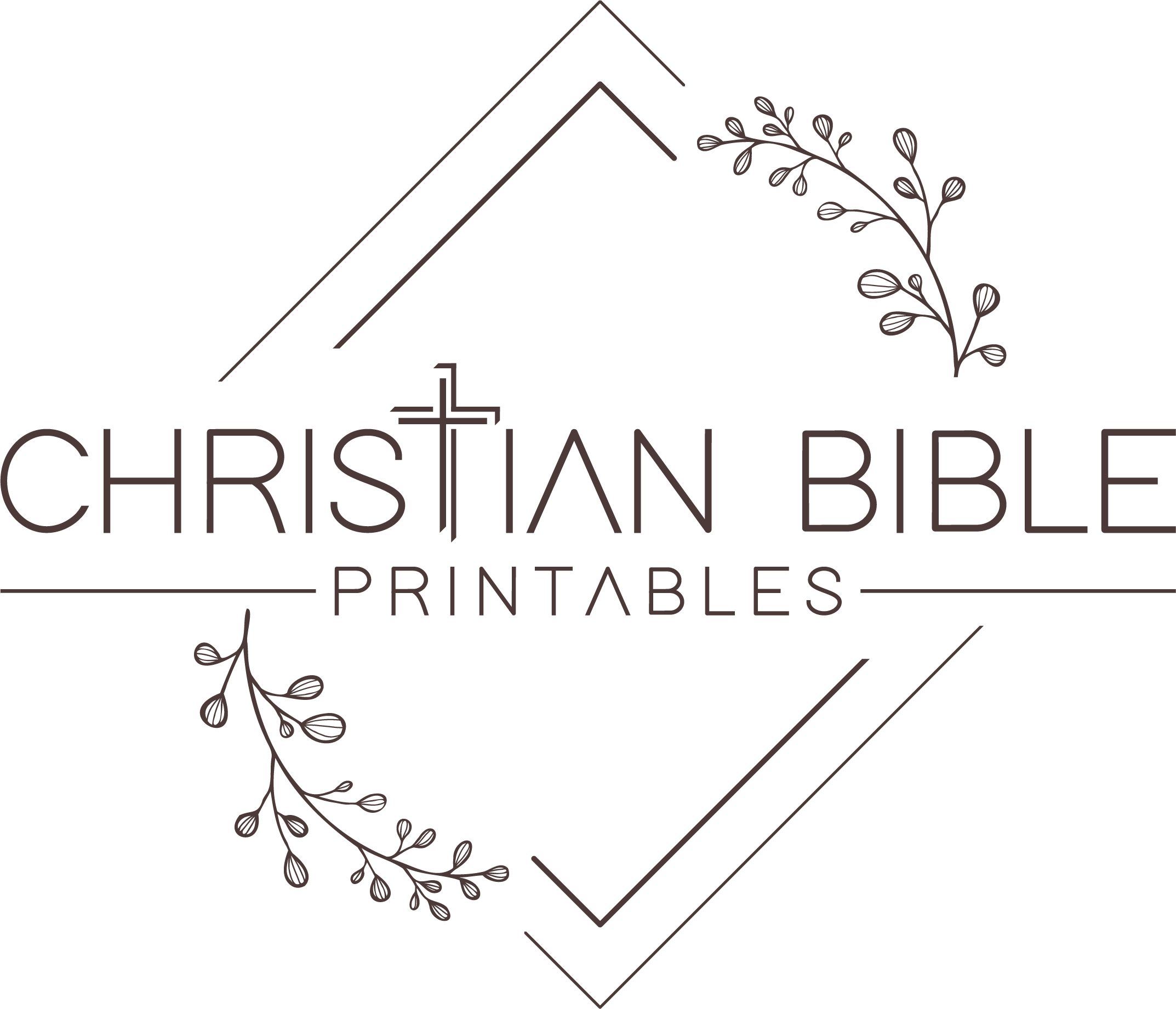I recently attended a Christian parenting workshop, hoping to learn new ways to guide my children. Little did I know it would perfectly apply to a situation I had just experienced with my 6-year-old daughter. What seemed like a simple piano lesson turned into a valuable lesson on parenting with humility.
While teaching my daughter to play the piano, she quickly became frustrated with my corrections. I told her, “I’ve learned piano before, so I know what I’m teaching you, and it’s right.” But that only made her more upset. She expected me to apologize for raising my voice. I, on the other hand, felt I had done nothing wrong.
It wasn’t until the parenting workshop that I saw what was really happening. My pride and frustration were driving the situation, and I wasn’t handling it with the humility or patience I needed.
The freedom God gives us allows us parent differently
At the workshop, I learned that emotions—ours and our children’s—are real and valid, but they must be brought under God’s authority. Too often, we let emotions control us. I had let mine take over when teaching my daughter. Instead of calmly guiding her, I reacted with frustration.
The freedom God gives us allows us to parent differently, unshackled by how we were raised or past generational patterns. My daughter was asserting her autonomy, trying to express her feelings and frustrations, but I wasn’t listening. Children, even at a young age, need space to explore, express, and even fail without immediate correction or judgment.
Zechariah 4:6 reminds us: “Not by might nor by power, but by my Spirit,” says the Lord Almighty. Parenting isn’t about enforcing our parental authority or always being right. It’s about relying on God’s Spirit to guide us through difficult moments. My approach during that piano lesson wasn’t shaped by God’s Spirit—it was shaped by my need to be in control.

Image by James Wheeler from Unsplash
Parenting is not about always being right
Parenting is not about always being right—it’s about teaching through humility. When we admit our mistakes and model emotional control, we show our children how to handle their own feelings. Next time, instead of asserting my authority, I’ll step back and approach situations with curiosity. I might say, “That’s an interesting way to play—would you like to hear my suggestions?” This opens a conversation instead of creating a power struggle.
Another valuable takeaway from the workshop was learning to pause before reacting. Instead of immediately correcting my daughter, I could take a moment and say, “Let me think before I respond.” This pause allows both of us to process emotions and avoids acting out of frustration.
Empathetic apologies are key in parenting: “I’m sorry for raising my voice.” Apologizing doesn’t weaken our authority. It shows that we value connection over pride. At the same time, we shouldn’t apologize for enforcing necessary boundaries. Consequences should bring discomfort, not fear. Natural consequences are far more effective in teaching humility and responsibility.
Conclusion
The workshop reminded me that christian parenting is a long journey, one that doesn’t focus on short-term results. We are nurturing our children’s faith and character over time. By acknowledging our own limitations and relying on God for guidance, we model christian family values such as grace and humility, teaching our children not just life skills but how to manage the ups and downs of life.


